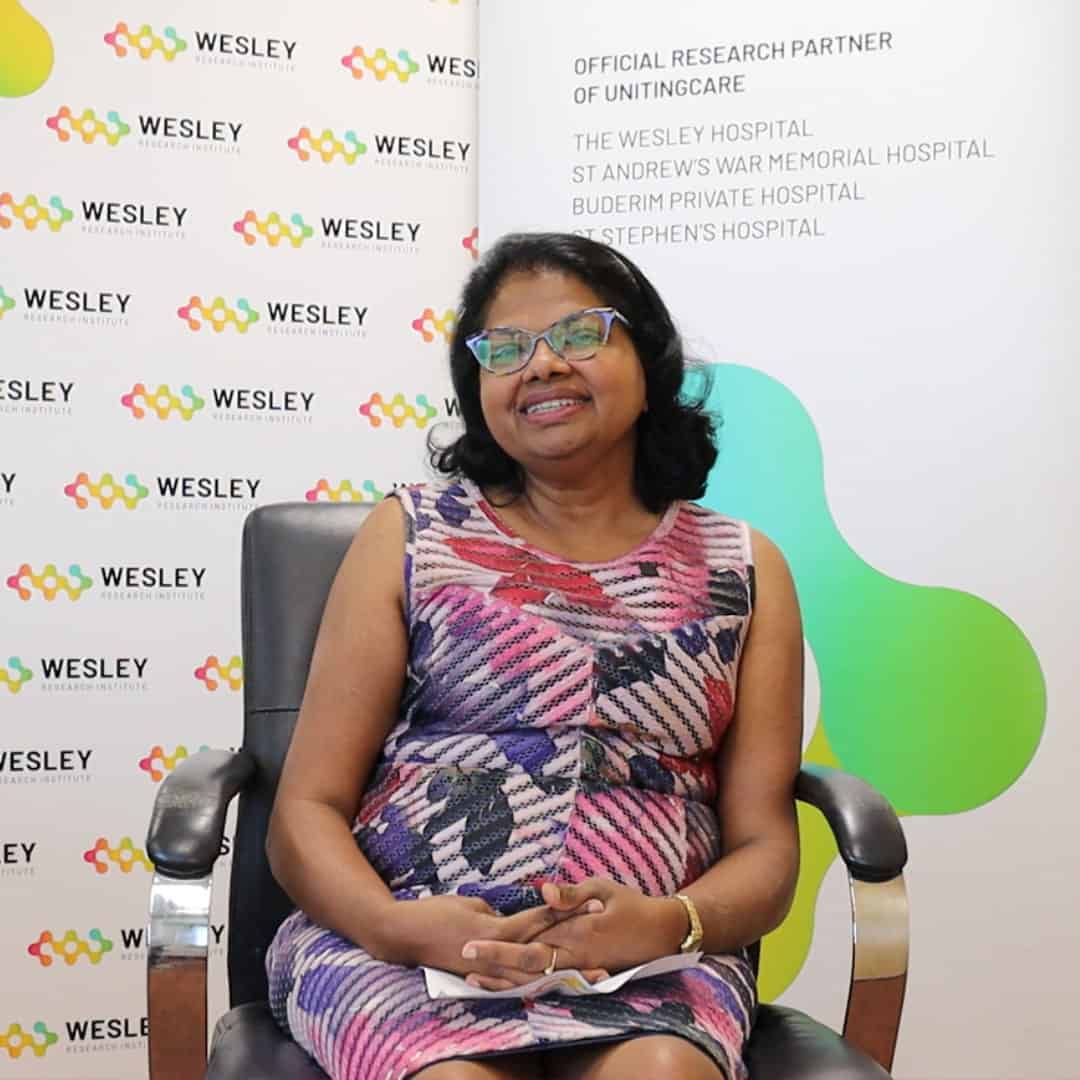
International Women's Day 2023
What does International Women's Day mean to you?
So it actually means a lot to me, not the least of which is that it’s the same day as my daughter’s birthday who turns 18 next week. Its been very reflective, the journeys that many women have taken and continue to undertake, striving to do the best that they can in a fairly imperfect world. That’s no different to another journey of any human being, but I guess there’s a long history of actually having to stand up and be counted.
While marginalisation and disadvantage continue to plague us, there is much more openness about the fact that everyone actually has to come along for the journey, and that ignoring the issues actually will not serve anybody in the long run. And as we have a more educated community that has time for thinking and reflecting, we do better for everybody.
One of the things that definitely attracted me to UnitingCare, and The Wesley Hospital particularly, is the sense that the core value really is about helping anybody. And recently somebody within the research group was talking about the fact that UnitingCare has a history that goes back a long way which welcomed communities that were otherwise marginalised.
How did you start your career journey?
When it came to making a definite career choice as a future specialist doctor, I had the most interest in looking at the comprehensive health journey of people, but at a specialist level. So that led me to the career of becoming a physician in geriatric medicine, which is a speciality looking at the needs and specialist health problems of older people.
I still remember the excitement I had in the first week when I started in that field, I thought to myself this is exactly what I want to do. It was quite a surprise that I felt that immediate sense of recognition and excitement and thankfully it hasn’t left me. So, that remains my passion.
As I have progressed, I was lucky to have mentors who encouraged me to step back and look at the bigger picture, and always to think empathically about how you helped someone through a health journey, which is usually a very challenging and difficult space.
Do you think there is gender equality in your profession?
When I trained it was a fairly male-dominated era – but very shortly after that, we had equalising of genders. Senior positions are still heavily dominated by men. And, I think, there’s a number of issues and ongoing issues about why that is the case.
In the traditional model, especially in the training model we had, many of us worked extremely long hours, quite ridiculous conditions, quite ridiculous sort of remuneration conditions and so on.
One of the hidden things within high-pressure professions like medicine is, of course, the mental health pressures and, and how many doctors, many of the male, can I say, have actually suppressed their mental health issues for a long time.
I think the long hours of commitment, both to training as well as then eventually working remains a challenge to manage for anybody, let alone if you are actually trying to raise a family and have healthy relationships in your life.
Changing that was a good thing, very good thing, creating teams of not only doctors but other professionals as well being involved and making sure that there were good communication strategies, good systems and good procedures in place rather than relying on the memory of an individual.
If you put the patients and their needs in the centre, then it becomes really obvious that developing very good communication channels is vital and that enables a team to function extremely well and to their strengths. This then creates more flexible work structures and a healthier work/life balance.
If the team is healthier, the healthcare providers are healthier, they’re more likely to actually provide the best care for their patients who will be healthy as a result.
Is there any advice you'd like to give other young women coming up through their careers?
I think reach out to everybody who will support you, but particularly women. There’s a whole range of amazing women that I’ve met around UnitingCare. I’m not sure I’ve met anyone who isn’t amazing, really. I think women do really want to help other women, so please reach out.
We’re here as a community, as a sisterhood. One of the most exciting things for me starting at UnitingCare was meeting one of my former registrars who actually helped me and my colleagues transition into private practice. And I said to her it was so exciting to be the student of my former student. I’d like to keep spreading that message.